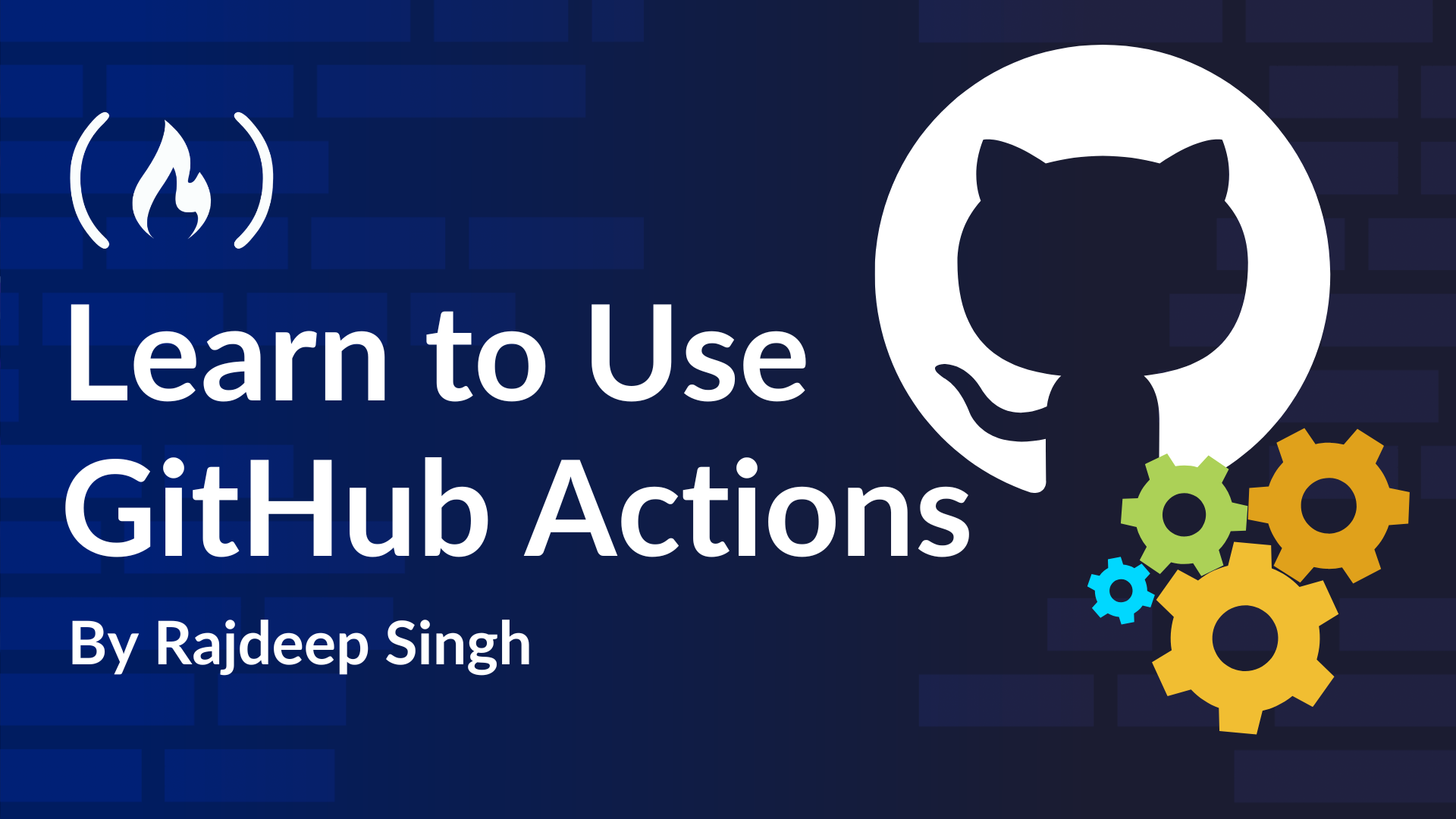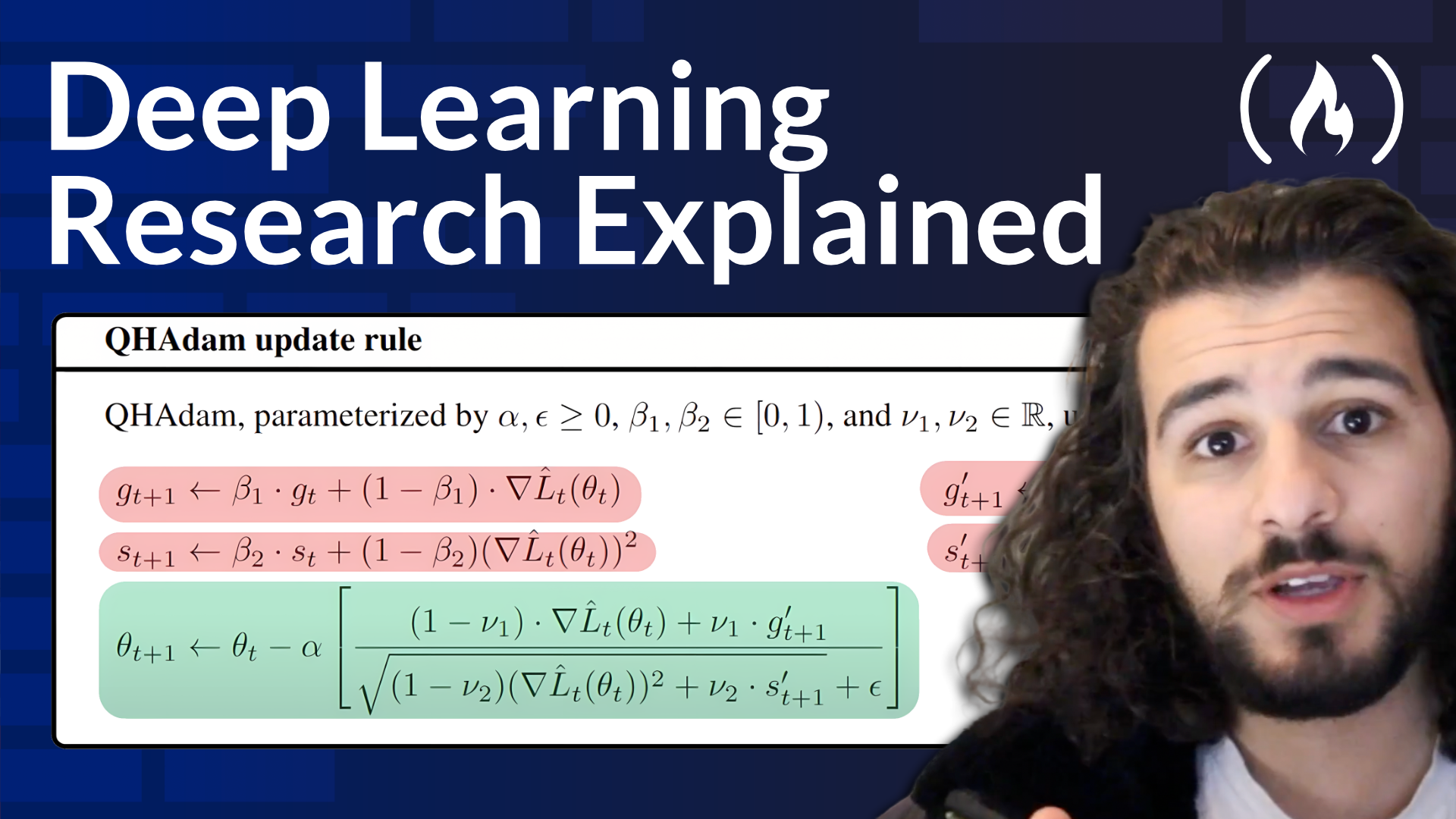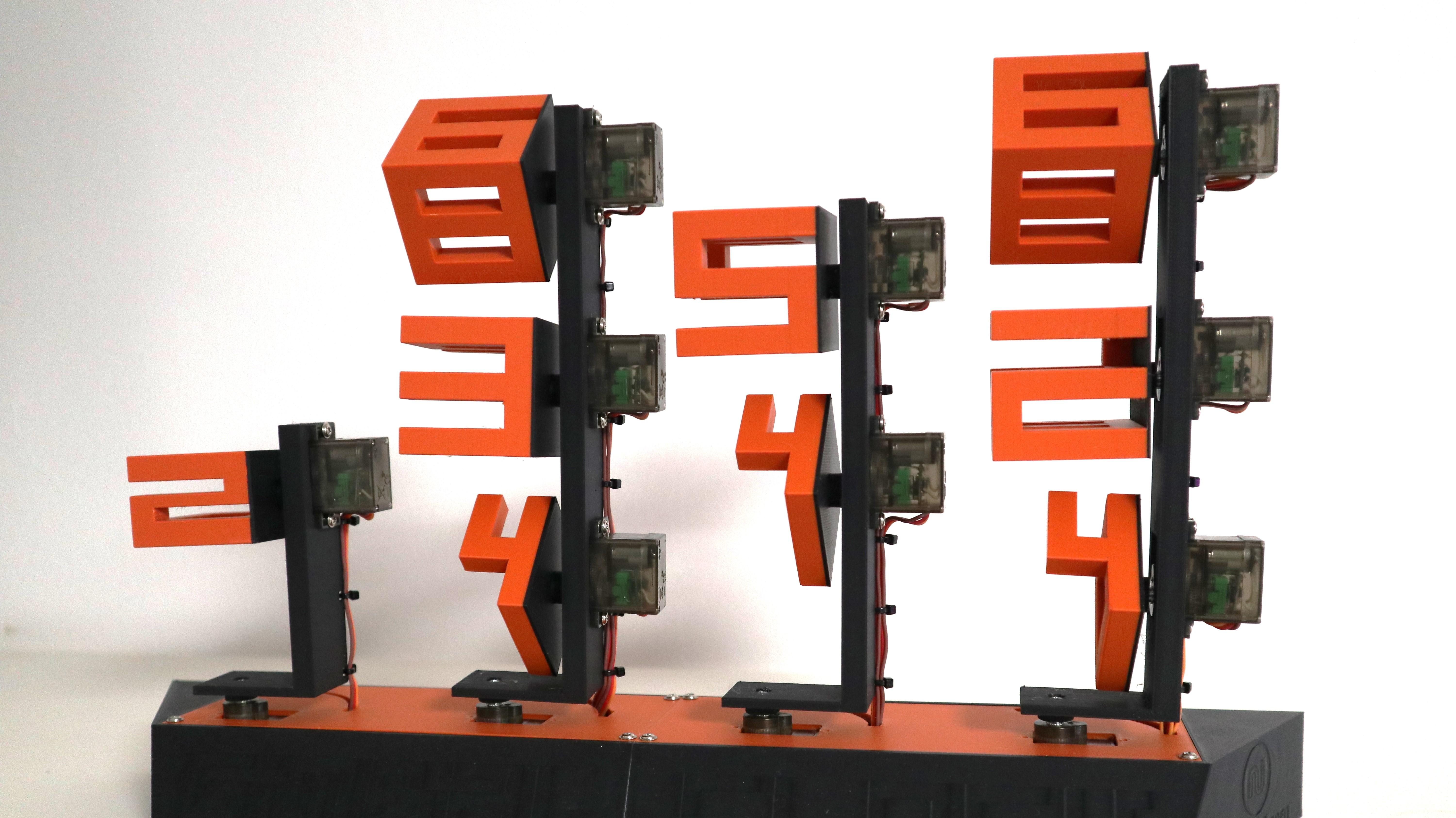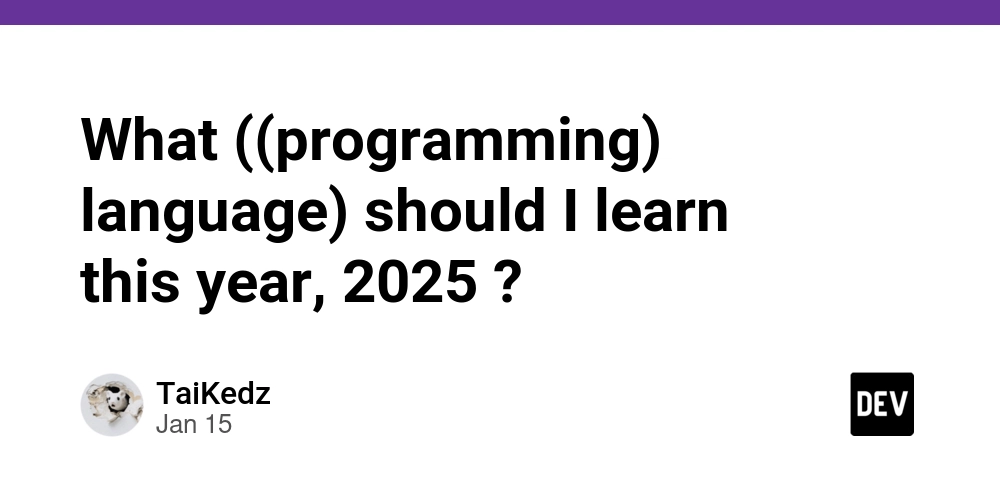95/365 | ¥10M Job Challenge - Learning from meetings
Recently, I’ve noticed that meetings tend to be overly long, and for experienced engineers, many of these one-hour meetings aren’t particularly efficient. Often, written descriptions and documentation, combined with some online communication, are more than enough. It’s rare for discussions during meetings to immediately identify issues, come up with results, and devise effective solutions. In most cases, problems only become apparent after implementation begins, leading to further communication and problem-solving. Even then, new issues may arise as additional features are added. However, effective communication is valuable—pointing out issues early during a meeting and giving everyone time to think can often be beneficial. For future meetings, instead of wasting time in discussions unrelated to my responsibilities, I might treat them as learning opportunities. I could turn on subtitles or record the meeting to study how native speakers communicate, especially since I’ve realized that this kind of real-life conversational style is hard to find in existing learning materials or even on YouTube. Even ChatGPT’s voice function struggles to simulate such authentic, situational dialogue. Without proper reflection afterward, there’s a risk of becoming overly reliant on AI, which can hinder progress. Moving forward, I’ll give myself thorough feedback—identify which parts of the conversation I didn’t understand and which phrases I struggled to express. Over the next year, I’m determined to improve in this area.
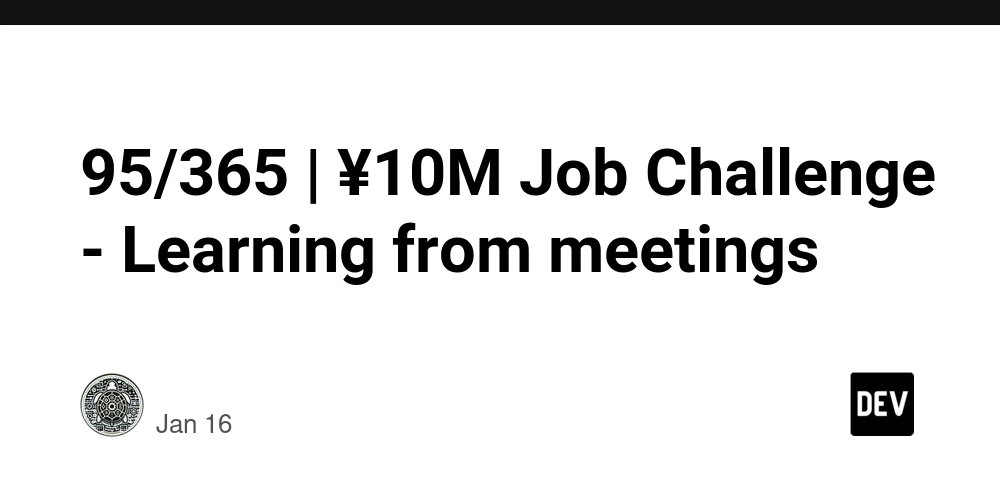
Recently, I’ve noticed that meetings tend to be overly long, and for experienced engineers, many of these one-hour meetings aren’t particularly efficient. Often, written descriptions and documentation, combined with some online communication, are more than enough.
It’s rare for discussions during meetings to immediately identify issues, come up with results, and devise effective solutions. In most cases, problems only become apparent after implementation begins, leading to further communication and problem-solving. Even then, new issues may arise as additional features are added.
However, effective communication is valuable—pointing out issues early during a meeting and giving everyone time to think can often be beneficial. For future meetings, instead of wasting time in discussions unrelated to my responsibilities, I might treat them as learning opportunities. I could turn on subtitles or record the meeting to study how native speakers communicate, especially since I’ve realized that this kind of real-life conversational style is hard to find in existing learning materials or even on YouTube. Even ChatGPT’s voice function struggles to simulate such authentic, situational dialogue.
Without proper reflection afterward, there’s a risk of becoming overly reliant on AI, which can hinder progress. Moving forward, I’ll give myself thorough feedback—identify which parts of the conversation I didn’t understand and which phrases I struggled to express. Over the next year, I’m determined to improve in this area.
